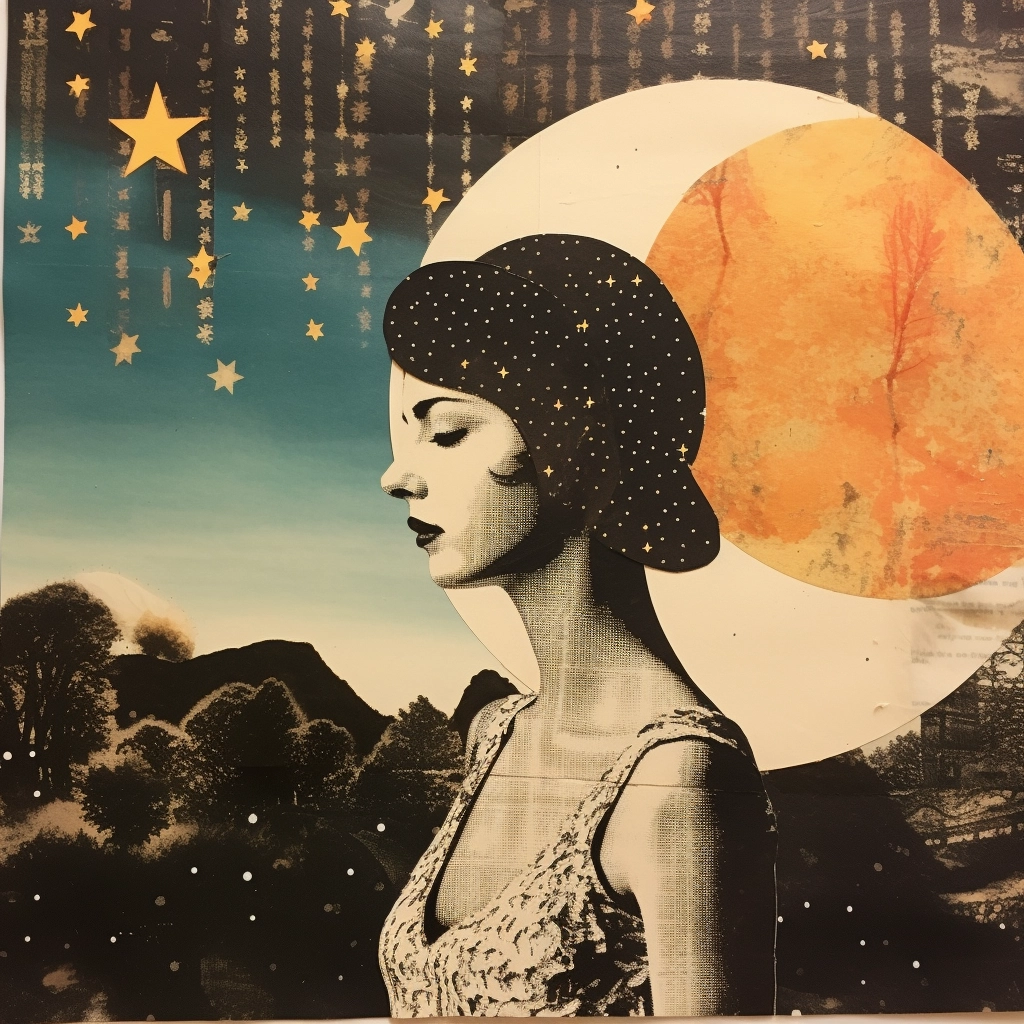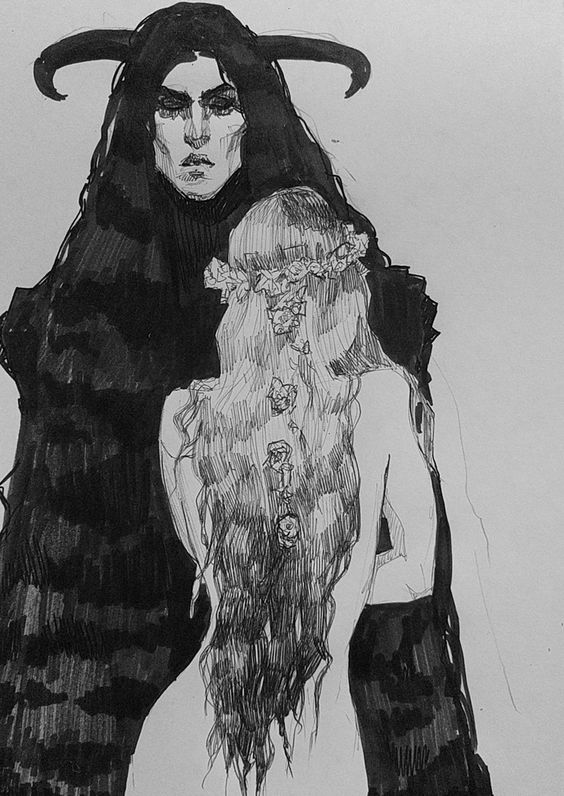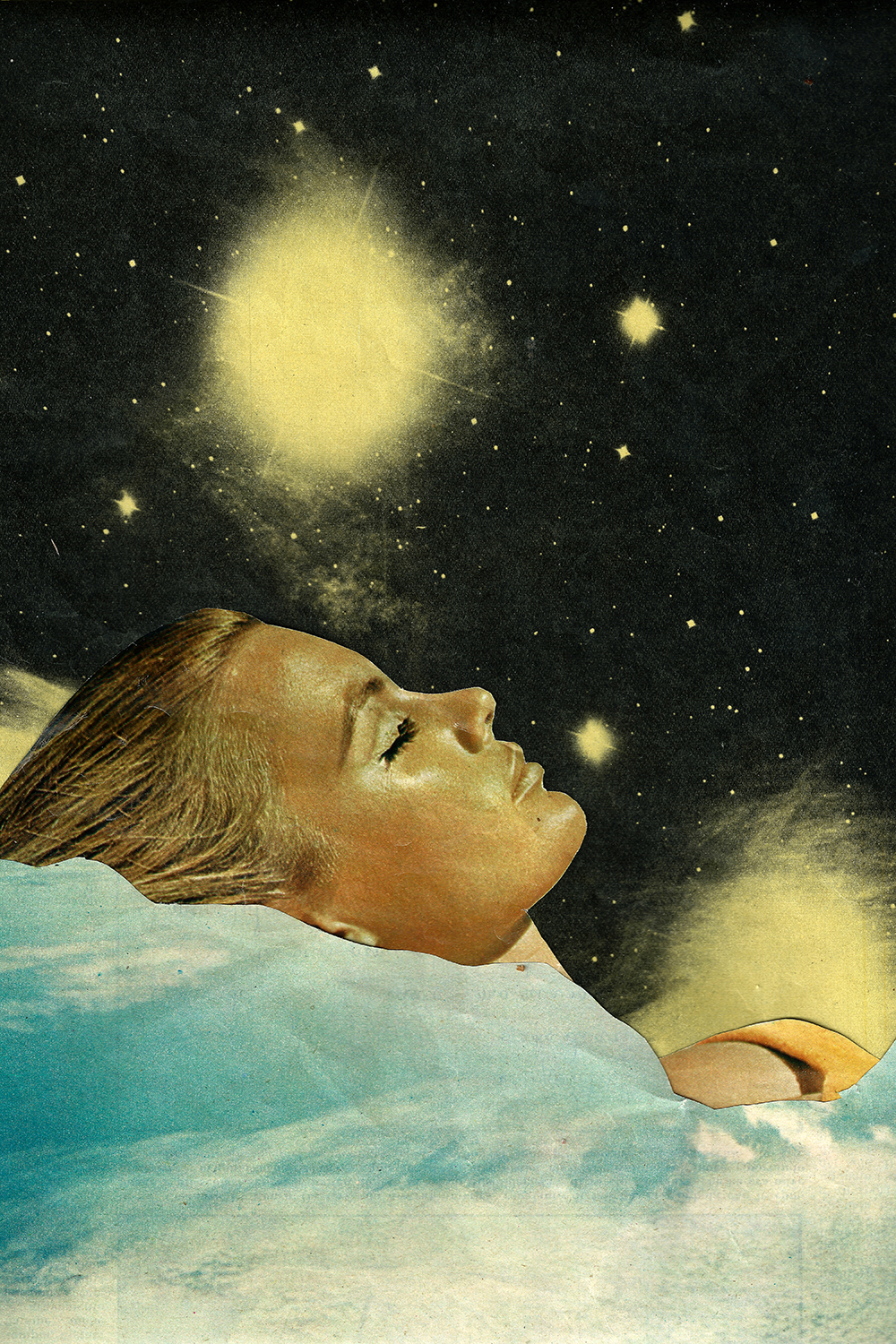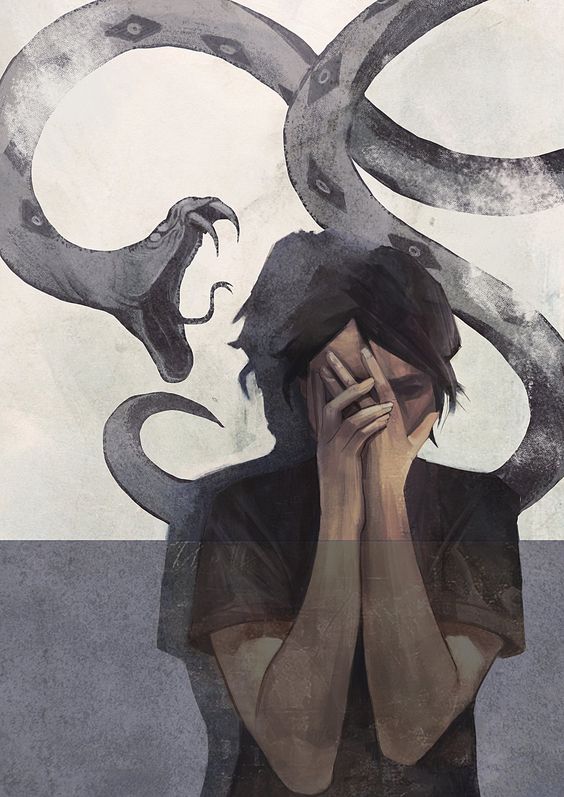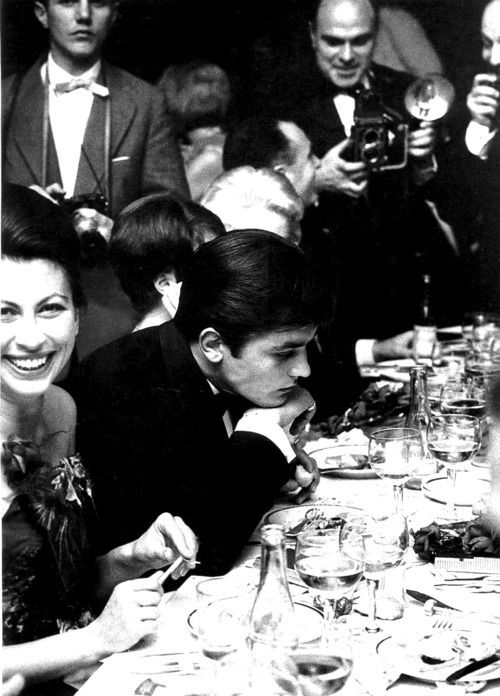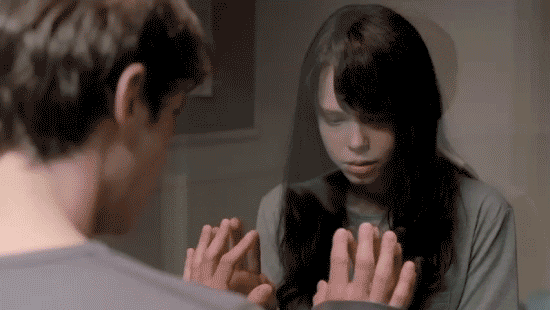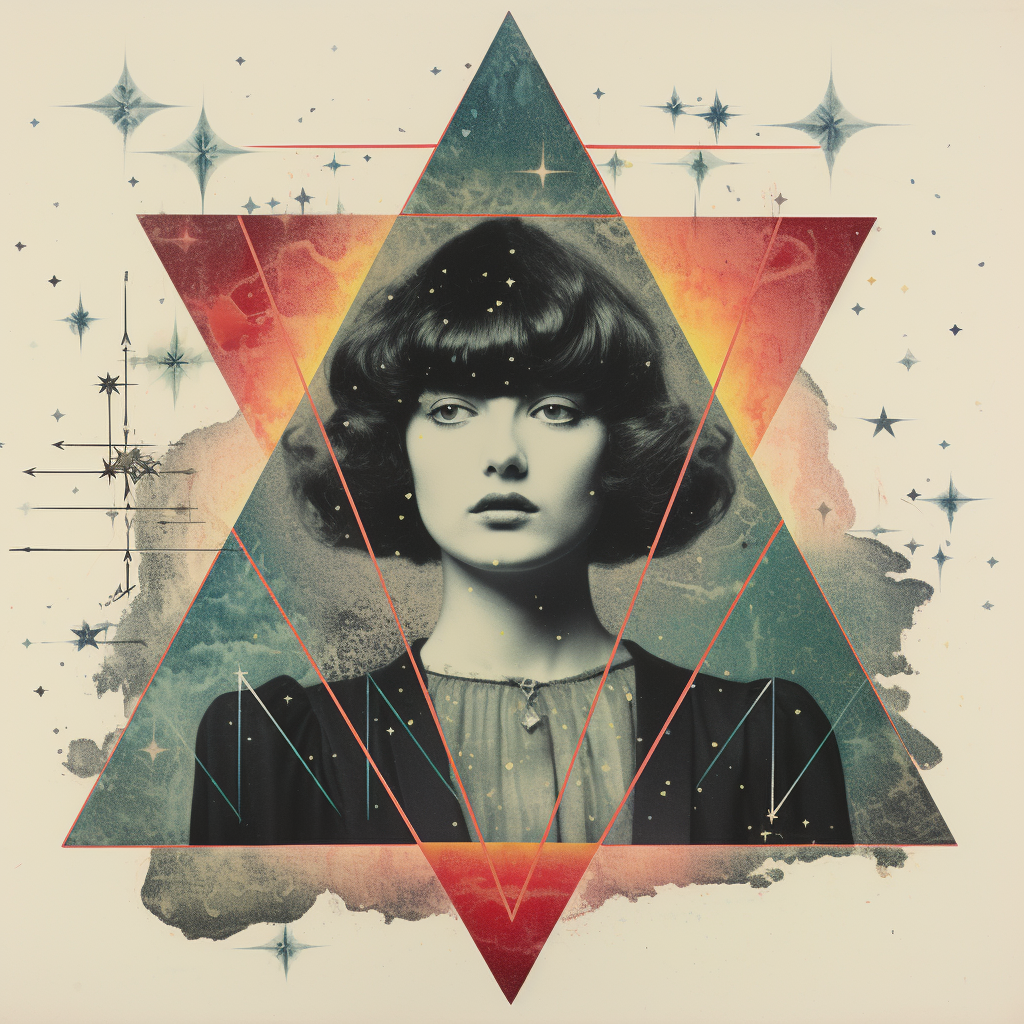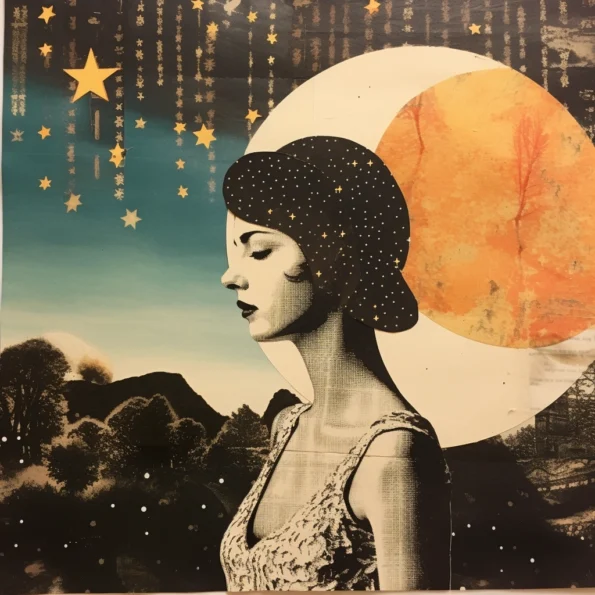 The placement of Pluto in the 9th house holds profound implications for an individual’s life journey and belief system. This astrological configuration suggests that the person may undergo a significant philosophical upheaval, a transformative process triggered by a crisis that challenges their existing worldview. The 9th house is traditionally associated with higher education, spirituality, and philosophy, and Pluto’s presence in this domain intensifies these themes, often leading to a deep exploration of mystical and esoteric subjects. Individuals with Pluto in the 9th house exhibit a curiosity that extends beyond conventional beliefs. They may find themselves drawn to unconventional realms such as alchemy, archaeology, prehistory, magic, and the occult. This placement stimulates a thirst for knowledge in these non-traditional areas, fostering a desire to delve into the mysteries that lie beneath the surface of conventional understanding.
The placement of Pluto in the 9th house holds profound implications for an individual’s life journey and belief system. This astrological configuration suggests that the person may undergo a significant philosophical upheaval, a transformative process triggered by a crisis that challenges their existing worldview. The 9th house is traditionally associated with higher education, spirituality, and philosophy, and Pluto’s presence in this domain intensifies these themes, often leading to a deep exploration of mystical and esoteric subjects. Individuals with Pluto in the 9th house exhibit a curiosity that extends beyond conventional beliefs. They may find themselves drawn to unconventional realms such as alchemy, archaeology, prehistory, magic, and the occult. This placement stimulates a thirst for knowledge in these non-traditional areas, fostering a desire to delve into the mysteries that lie beneath the surface of conventional understanding.
The investigative nature of Pluto aligns well with professions related to psychology, research, and anything that involves digging beneath the surface. The 9th house becomes a channel for this intense investigative energy, making it an excellent fit for roles that require deep exploration and understanding, whether in academia, research institutions, or other fields where uncovering hidden truths is paramount. The transformative energy of Pluto in the 9th house is not limited to external exploration but also extends to an internal, spiritual level. The house’s connection to a higher force implies that the individual may experience a profound and personal transformation in their perception of the divine. This could manifest as a spiritual awakening, a shift in religious beliefs, or a deepening connection to a higher power. The journey through this transformative process is likely to be marked by intense and sometimes challenging experiences that ultimately contribute to the individual’s growth and evolution.
The individual with Pluto in the 9th house holds a belief that knowledge is not only power but also a transformative force. This placement intensifies their enthusiasm for learning, driving them to seek out deeper levels of understanding in various domains. They approach knowledge acquisition with a sense of purpose and determination, recognizing that true strength lies in the ability to unravel the secrets hidden within the fabric of existence. This person is not content with surface-level information; instead, they are driven by a relentless desire to delve into the depths of knowledge. Pluto’s influence compels them to dig beneath the superficial layers, tearing apart conventional wisdom and unraveling the mysteries that lie beneath. This process of intellectual and philosophical exploration becomes a powerful tool for personal growth and empowerment.
Higher education holds a significant influence on individuals with Pluto in the 9th house, and they may view it as a transformative journey rather than just an academic pursuit. The traditional educational system becomes a channel through which they can access and assimilate the profound knowledge they seek. However, the influence of Pluto also suggests that they may experience significant shifts in their chosen path of study. The intensity of their desire for deeper understanding can lead them to make drastic changes in their educational pursuits, as they strive to align their learning journey with their evolving philosophical and spiritual perspectives.
Pluto’s presence in the 9th house propels these individuals on a quest for knowledge that goes beyond the ordinary. They are willing to dismantle existing structures and beliefs, not out of rebellion, but as a means to discover the hidden meanings and truths that lie beneath the surface. This transformative approach to knowledge is a fundamental part of their identity, shaping their worldview and empowering them with the wisdom gained through their continuous pursuit of deeper understanding.
Individuals with Pluto in the 9th house manifest an insatiable thirst for understanding life’s deepest mysteries and a relentless pursuit of solutions to its most challenging problems. This placement intensifies their desire to comprehend the underlying laws and patterns that govern existence, compelling them to engage in a deep exploration of philosophical, spiritual, and metaphysical realms. The search for purpose becomes a driving force in their lives, almost as if their very survival is contingent on unraveling the mysteries of the larger universe. This existential quest is not taken lightly, and those with this placement may find themselves on a continuous journey of self-discovery, seeking meaning and significance in their experiences and in the broader context of existence.
The intensity of their pursuit can lead individuals with this placement to adopt a variety of ideologies, ranging from deeply religious perspectives to revolutionary worldviews. At the extreme end of the spectrum, some may become fervent and even fanatical in their beliefs. The transformative nature of Pluto influences the way they engage with their chosen ideology, pushing them to explore its depths, challenge existing norms, and potentially become agents of change in the world. On the positive side, this intense desire for purpose and understanding can lead to profound personal growth, spiritual enlightenment, and a strong sense of conviction. These individuals may become powerful advocates for their beliefs, using their knowledge and insights to inspire others and effect positive change in the world.
However, there is also the potential for challenges, especially when the desire for purpose becomes all-encompassing. At the extreme, individuals with Pluto in the 9th house may be tempted to impose their worldview on others, becoming rigid or even fanatical in their beliefs. Striking a balance between the quest for personal understanding and respecting the diversity of perspectives becomes crucial for their own well-being and the well-being of those around them.
Pluto’s placement in the 9th house shapes individuals with an intense drive to explore life’s mysteries and find purpose in the grand scheme of existence. While this can lead to profound personal growth and positive influence, there is also the potential for extreme manifestations, urging individuals to navigate the fine line between passionate pursuit and respectful coexistence with differing worldviews.
The placement of Pluto in the 9th house brings a profound dimension to an individual’s philosophical and belief systems, often leading to experiences that are intense and transformative. The potential for feeling persecuted for their beliefs is heightened, and individuals with this placement may find their philosophical foundations challenged, deconstructed, and reconstructed throughout their lives. The transformative influence of Pluto can manifest as a dismantling of existing philosophical structures. This process can be deeply unsettling, particularly for those who have invested heavily in a particular belief system. Individuals may feel deceived by their previous convictions, leading to a loss of faith that can be emotionally and psychologically catastrophic. The breakdown of their philosophical foundations becomes a pivotal point in their lives, forcing them to reevaluate their worldview and embark on a journey of self-discovery.
This sudden shift in thinking and interpretation of life can also expose individuals to prejudice and scrutiny, whether from organized institutions or mainstream society. The unconventional nature of their beliefs or the intensity with which they approach their philosophical quest may make them subject to judgment, skepticism, or even discrimination. This experience of prejudice can be challenging and isolating, adding an extra layer of complexity to their transformative journey. The process of having one’s philosophical systems pulled down and reconstructed is not a linear or easy path. It requires resilience, self-reflection, and a willingness to confront the uncomfortable truths that emerge during this transformative process. However, it is through these challenges that individuals with Pluto in the 9th house can emerge with a more authentic and deeply considered set of beliefs.
You could become obsessed with the need to evolve or be driven by a compulsion to fathom the deeper laws which govern existence. There could be a total or all-consuming commitment to your beliefs or spiritual path. Nothing else will matter as much. Dynamics of the Unconscious
The placement of Pluto in the 9th house not only signifies an intense internal struggle for the fundamental realities of life but also introduces an element of potential crisis and transformation related to travel, cultural exposure, and the search for higher meaning. The fierce battle within reflects the profound inner turmoil that individuals with this placement may experience as they grapple with deep philosophical and existential questions. This internal conflict can be both challenging and transformative, pushing them to confront the core truths and beliefs that shape their understanding of the world.
Traveling to certain locations may act as a catalyst, triggering trauma, crisis, or even a metaphorical death and rebirth. Exposure to new cultures can profoundly impact their self-perception and contribute to a metamorphosis of their identity. The experience of being in unfamiliar surroundings may force them to reassess their beliefs, fostering a deeper understanding of the world and their place in it. The sense of rootlessness that individuals with Pluto in the 9th house may feel stems from their relentless quest for a different perspective on life or religion. This perpetual search for new visions can border on obsession, and the danger lies in becoming fixated on the pursuit itself rather than the authentic discovery of meaning. This obsession can lead to a certain disdain for hypocrisy, as they value sincerity and authenticity in their philosophical and spiritual explorations.
Periodic purges of their higher minds characterize the transformative nature of Pluto’s influence in this house. These individuals may find themselves repeatedly shedding old beliefs and ideologies, undergoing profound shifts in their convictions. The course of study, religion, or philosophical path they follow at different stages in their lives is marked by a strong sense of conviction, emphasizing the depth of their commitment to personal growth and understanding.
Pluto in the 9th house brings about an ongoing and intense inner battle, especially regarding fundamental life realities. Travel and exposure to new cultures become catalysts for transformation, while a sense of rootlessness propels them to seek different perspectives on life and religion. The danger lies in the potential obsession with the pursuit of a new vision, but the periodic purges of their higher minds ensure a continuous cycle of growth and metamorphosis in their philosophical and spiritual journey.
Individuals born with Pluto in the 9th house possess a relentless desire to grasp the purpose of life. This placement endows them with a keen intellect, particularly in areas related to education, teaching, and travel. Their capacity to comprehend the most profound aspects of these realms sets them apart, making them natural seekers of knowledge and wisdom. However, the influence of Pluto in the 9th house also extends to legal matters, specifically those associated with the higher courts. Legal conflicts involving individuals with this placement are likely to be protracted, intricate, and emotionally charged. The transformative energy of Pluto infuses these legal battles with intensity, and the outcomes may not only impact the individual directly but also have broader implications.
The ardent desire to understand the purpose of life and the transformative influence of Pluto contribute to periods of fervent crusading throughout their lives. These individuals are drawn to causes that they perceive as noble and significant. Whether it involves higher education, religion, or other disciplines, they may play a pivotal role in bringing about change and transformation in these areas. Their convictions and commitment to what they believe is right can make them catalysts for reform, challenging existing structures and paradigms.
As they engage in these transformative pursuits, individuals with Pluto in the 9th house not only impact the external world but also undergo a fundamental alteration in their own point of view. The process of advocating for change and challenging established norms becomes a pathway to personal growth and self-discovery. Through their involvement in higher education, religious movements, or other transformative endeavors, they evolve and reshape their own understanding of life’s purpose.
